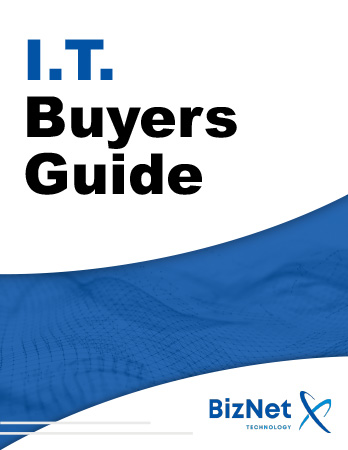QuickBooks remains the backbone of accounting procedures in most organizations. However, operating the application locally or on an unsafe cloud hosting environment might introduce danger to your organization, particularly in data security, regulatory compliance, and availability. This article explains how sound QuickBooks hosting is achieved today and how an MSP provides real protection in which you may be confident.

Why Hosting QuickBooks Matters in 2025
Companies remaining on in-office QuickBooks servers are plagued by several problems:
-
Local systems have no disaster recovery and are prone to cyberattacks and hardware crashes
-
Remote or multi-user access will likely cause poor performance and file corruption
-
Restrictions on local servers are few and lead to data privacy problems
Cloud hosting overcomes these limitations by hosting your QuickBooks Desktop on secure, managed servers, providing faster speeds, greater flexibility, and increased robustness. As Verito’s benchmark guide highlights, QuickBooks hosting relocation has the potential to greatly increase uptime, security, and performance compared to in-house installations.
What Security Issues Does QuickBooks Hosting Address?
These are the key risks mitigated by proper managed hosting and how it decreases risk:
-
Unsecure access points using outdated or vulnerable devices
-
Human error or misconfiguration, causing exposure and information loss
-
Insider attacks due to over-provisioned user rights
-
Cyberattacks like ransomware targeting sensitive financial data
According to Ace Cloud Hosting, nearly 79% of business breaches involve human error or misconfiguration. Poorly secured units, unmaintained device access, or expired passwords make organizations vulnerable to attack.
Proven Security Best Practices for QuickBooks Hosting
Endpoint Security
Access is provided through managed remote desktops, not local installs. Devices must enforce locking, screen timeouts, and access policies.
Strong Passwords and MFA
Multi-Factor Authentication should be required for all users. Strong password policies prevent unauthorized logins even if credentials are stolen.
Enterprise-Grade Encryption
Data is encrypted at rest and in transit with standards like AES-256 or SSL/TLS. Intuit-authorized providers enforce this encryption.
Intrusion Detection & Monitoring
IDS/IPS systems block attacks, monitor unauthorized access, and alert admins in real time to suspicious activity.
Automated Backup and Recovery
Leading hosting solutions include immutable backups, multiple data centers, and automated recovery. This ensures protection against data loss and fast restoration.
How an MSP Provides Value: Real-World Benefits
MSPs integrate all these services into a single, reliable solution:
-
Selecting and deploying Intuit-certified hosting providers
-
Configuring access controls, permissions, and remote desktops
-
Enforcing MFA, device security, and password rules
-
Continuous monitoring and proactive threat response
-
Testing backup restoration and compliance audits
The result is fast, secure, and compliant QuickBooks hosting that allows your finance team to work without disruption.
Choosing the Right QuickBooks Hosting Partner in 2025
When selecting a provider, look for:
-
Intuit-authorized hosting
-
99.9% uptime backed by client data
-
Real-time monitoring and intrusion prevention
-
Transparent audits and compliance reporting
-
Secure remote access for multiple users
-
Disaster recovery with immutable backups
Conclusion
Proper QuickBooks hosting is no longer optional. Cloud hosting, when done right, delivers superior uptime, scalability, and especially security compared to in-house or DIY setups. With an MSP managing setup, monitoring, and access controls, your data stays protected while your staff benefits from flexibility and reliability.




